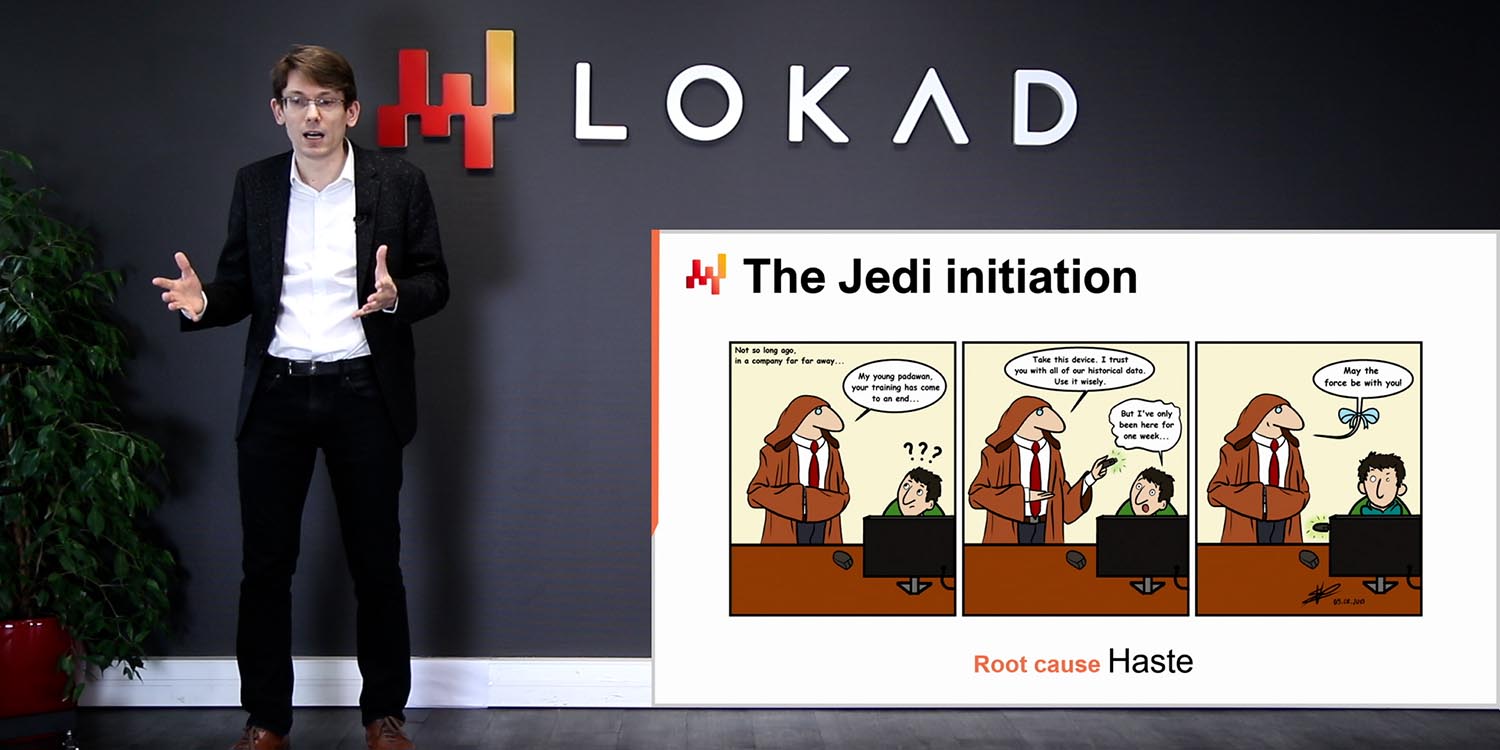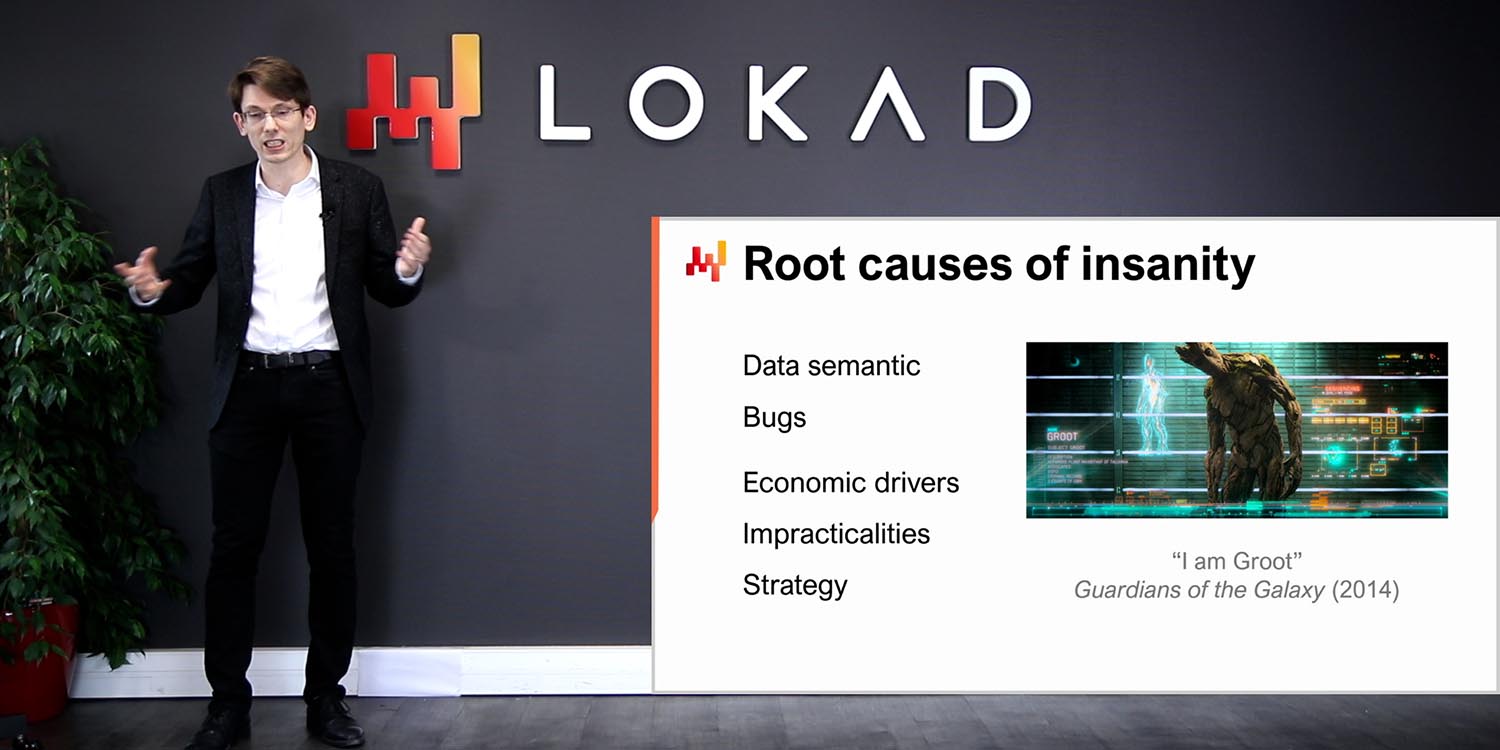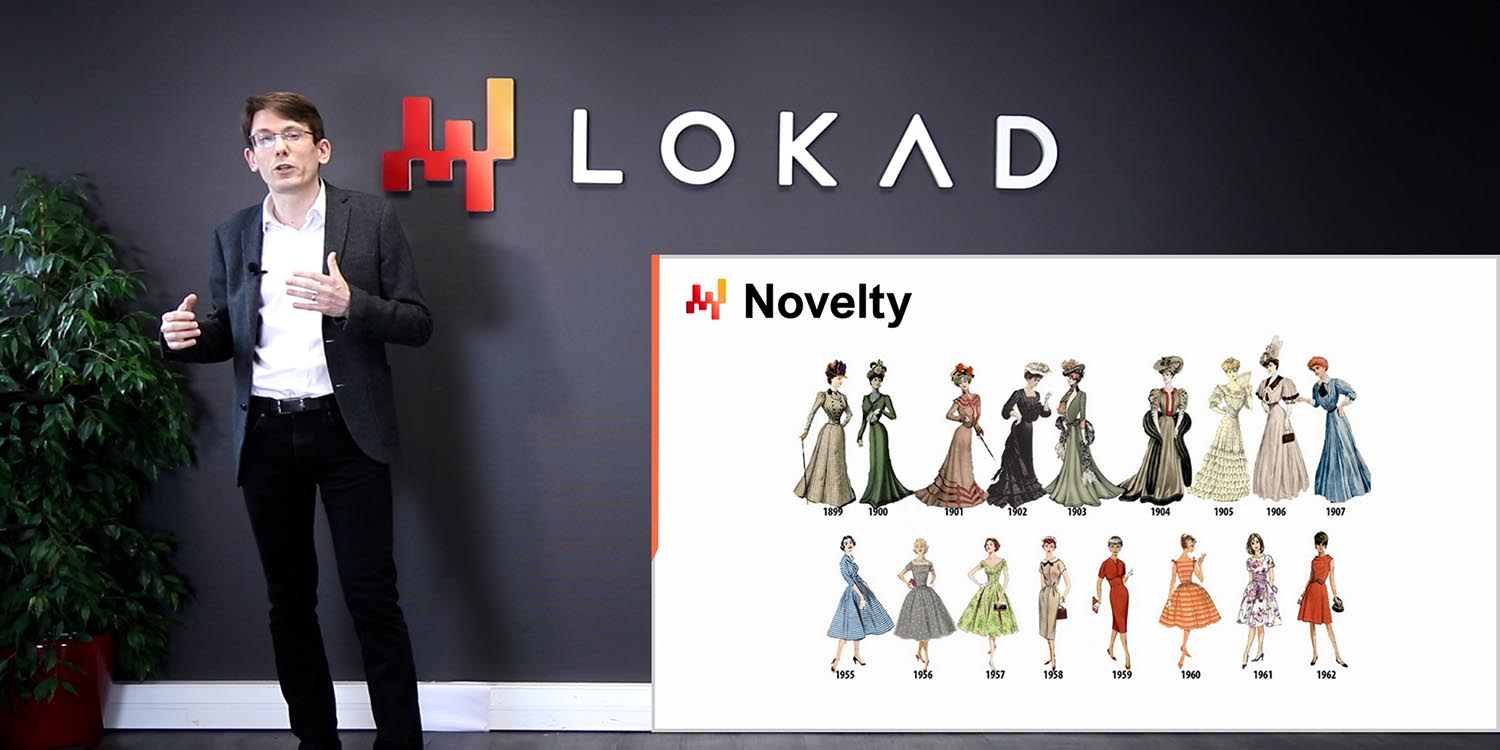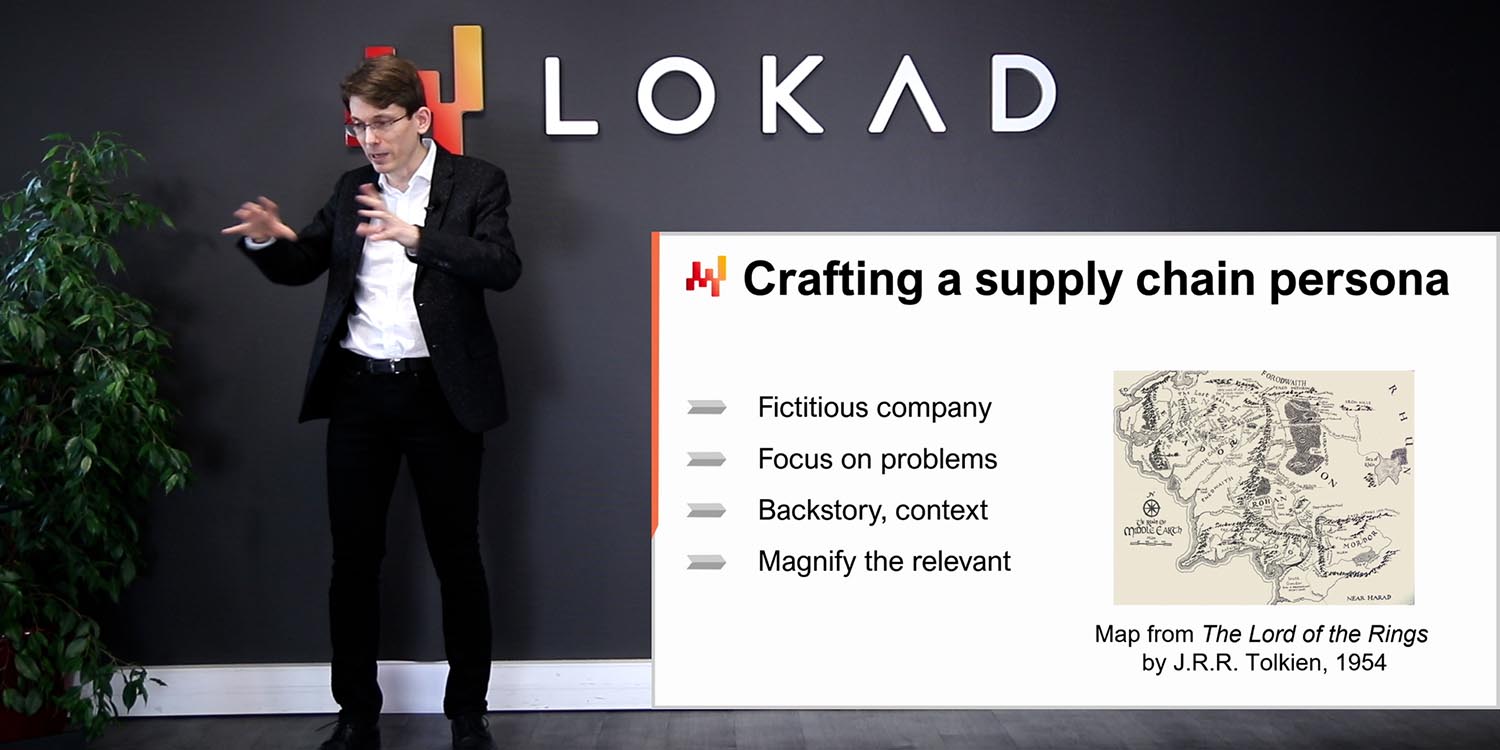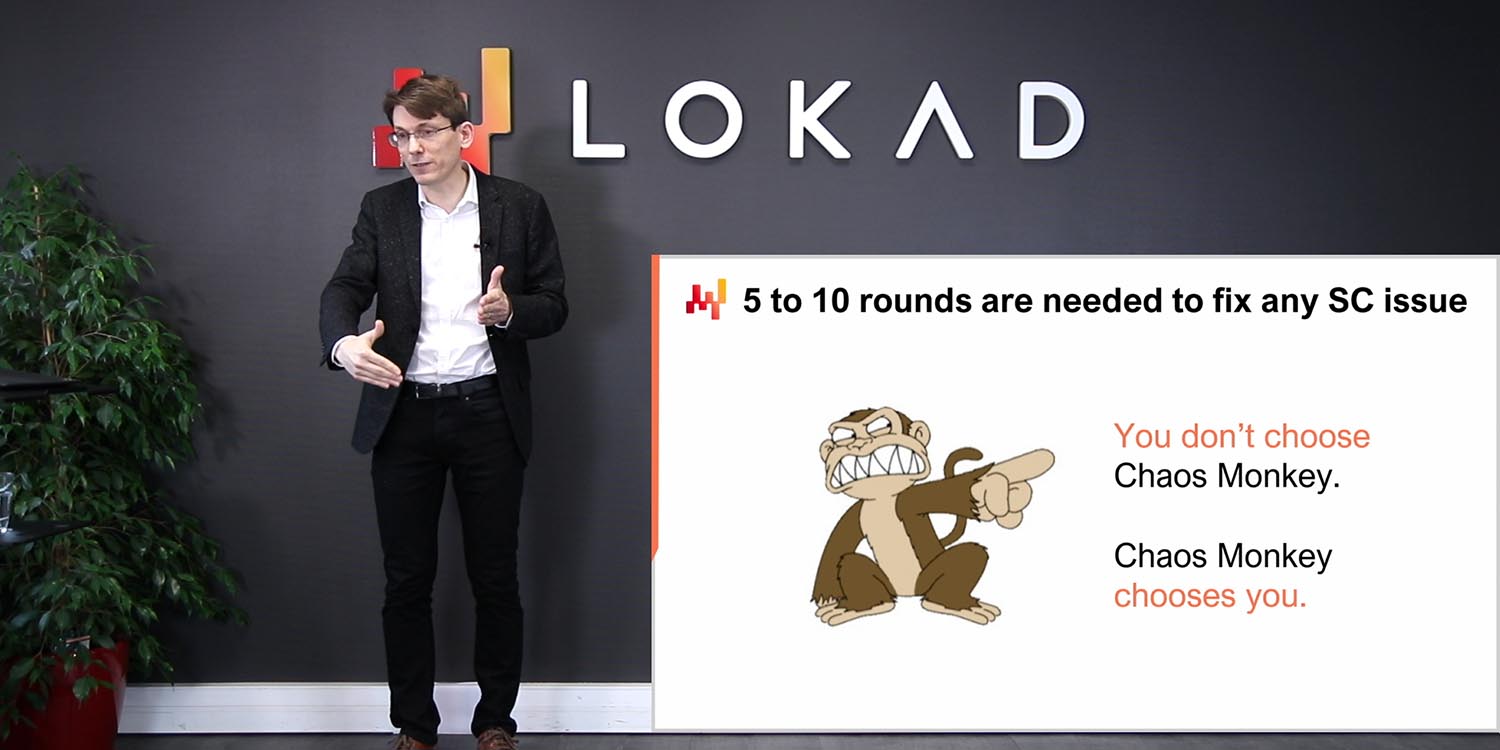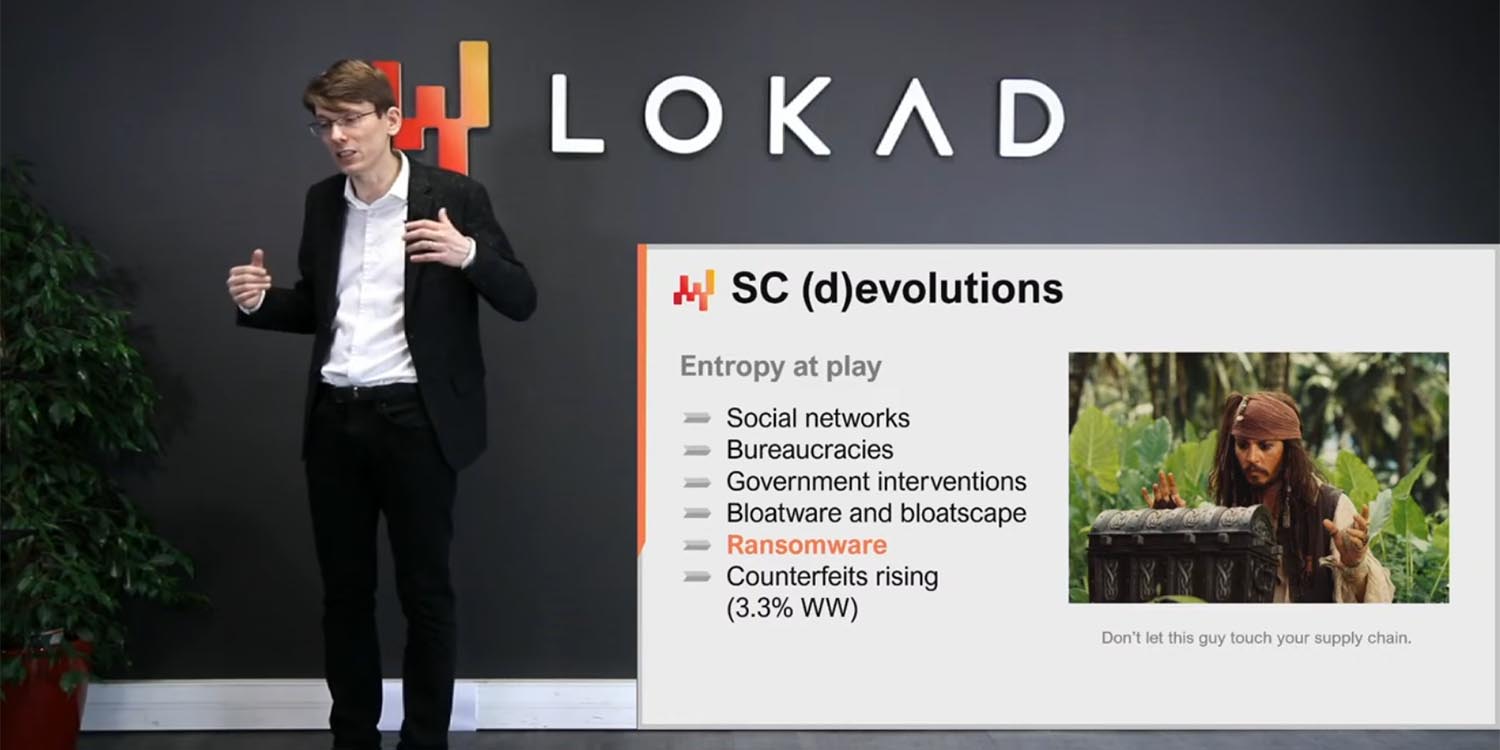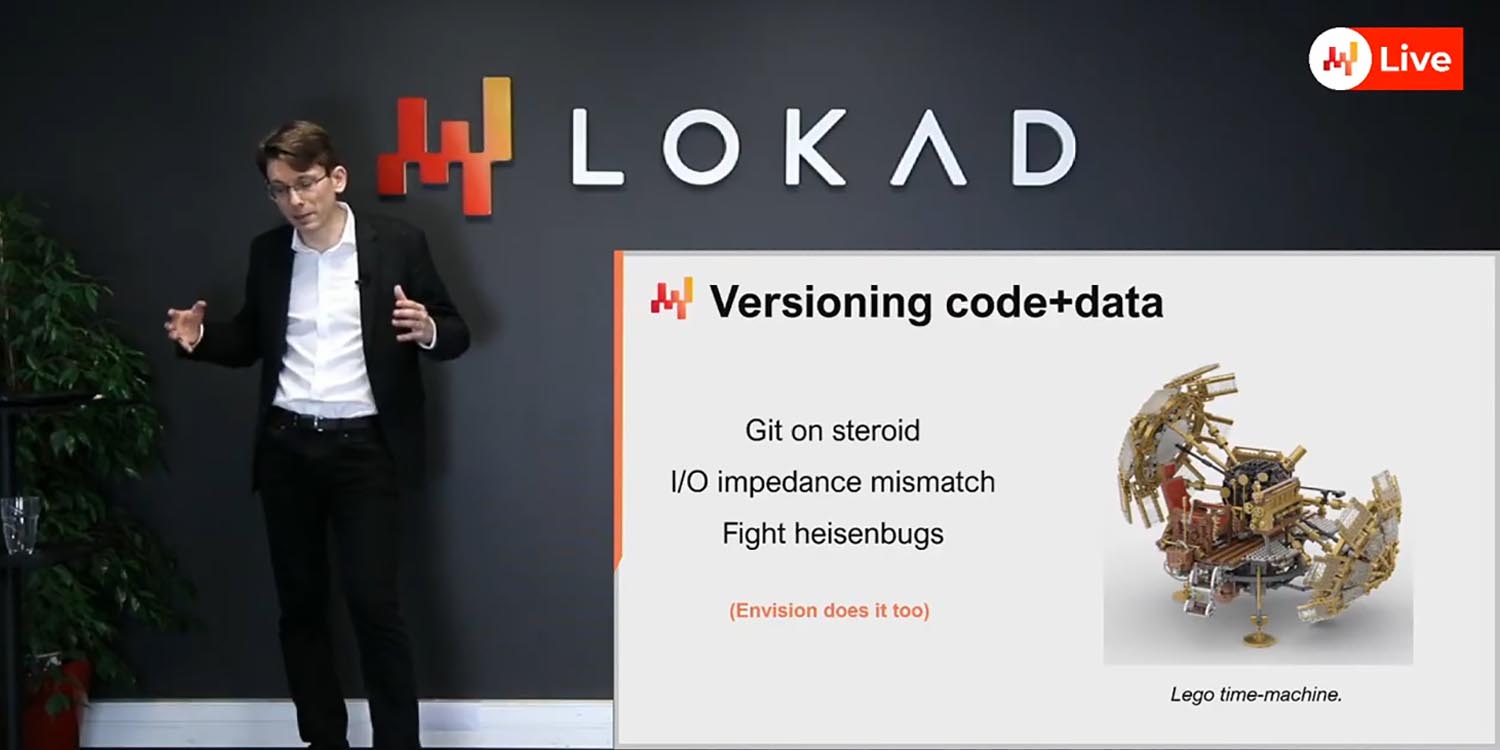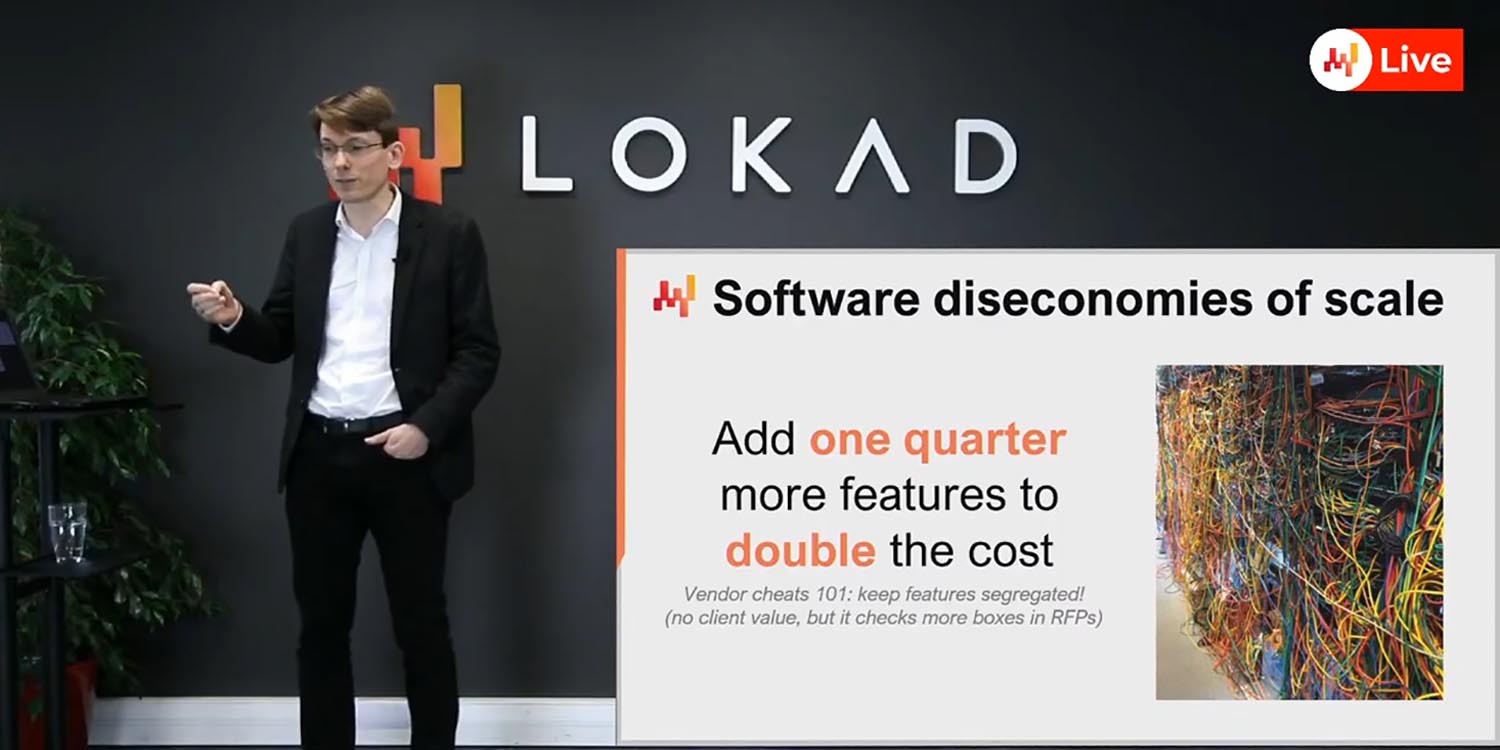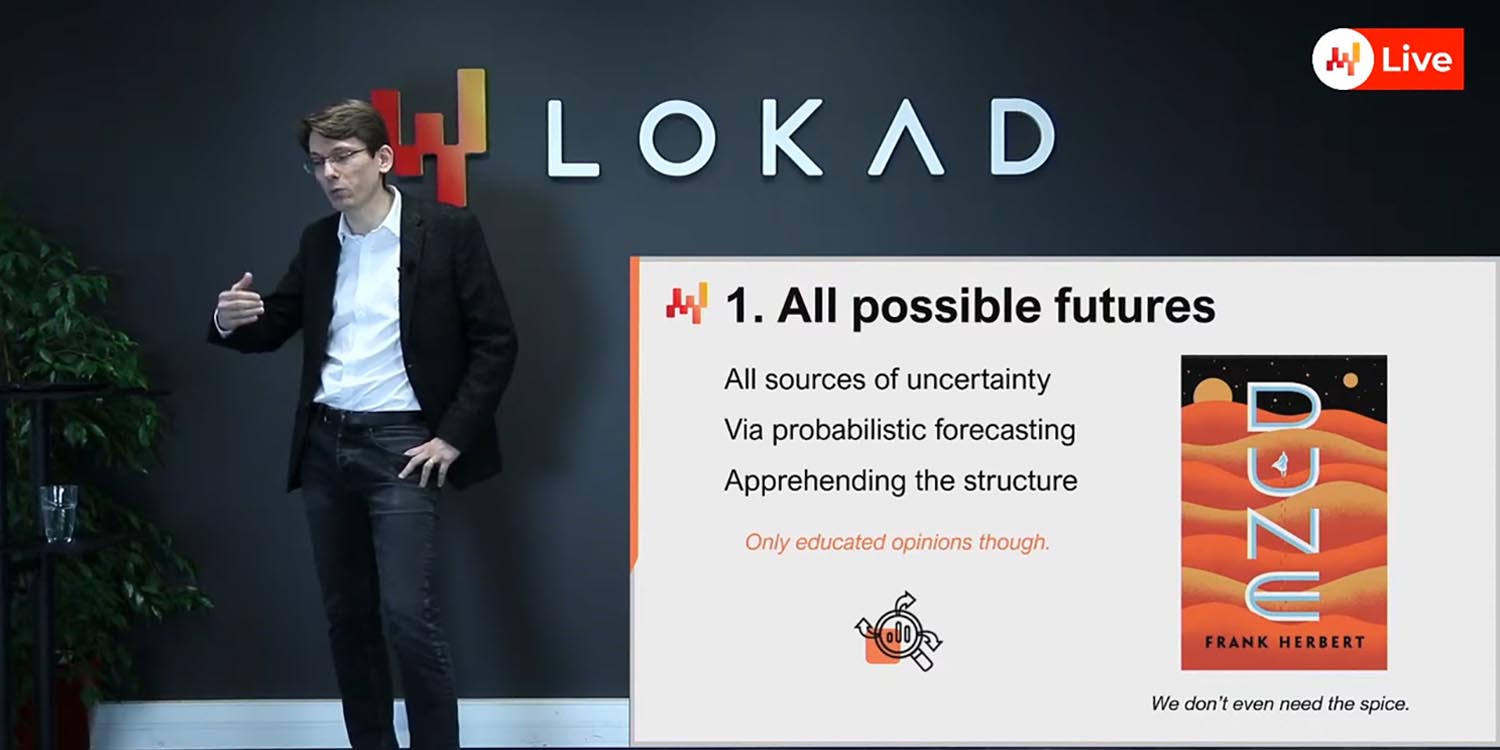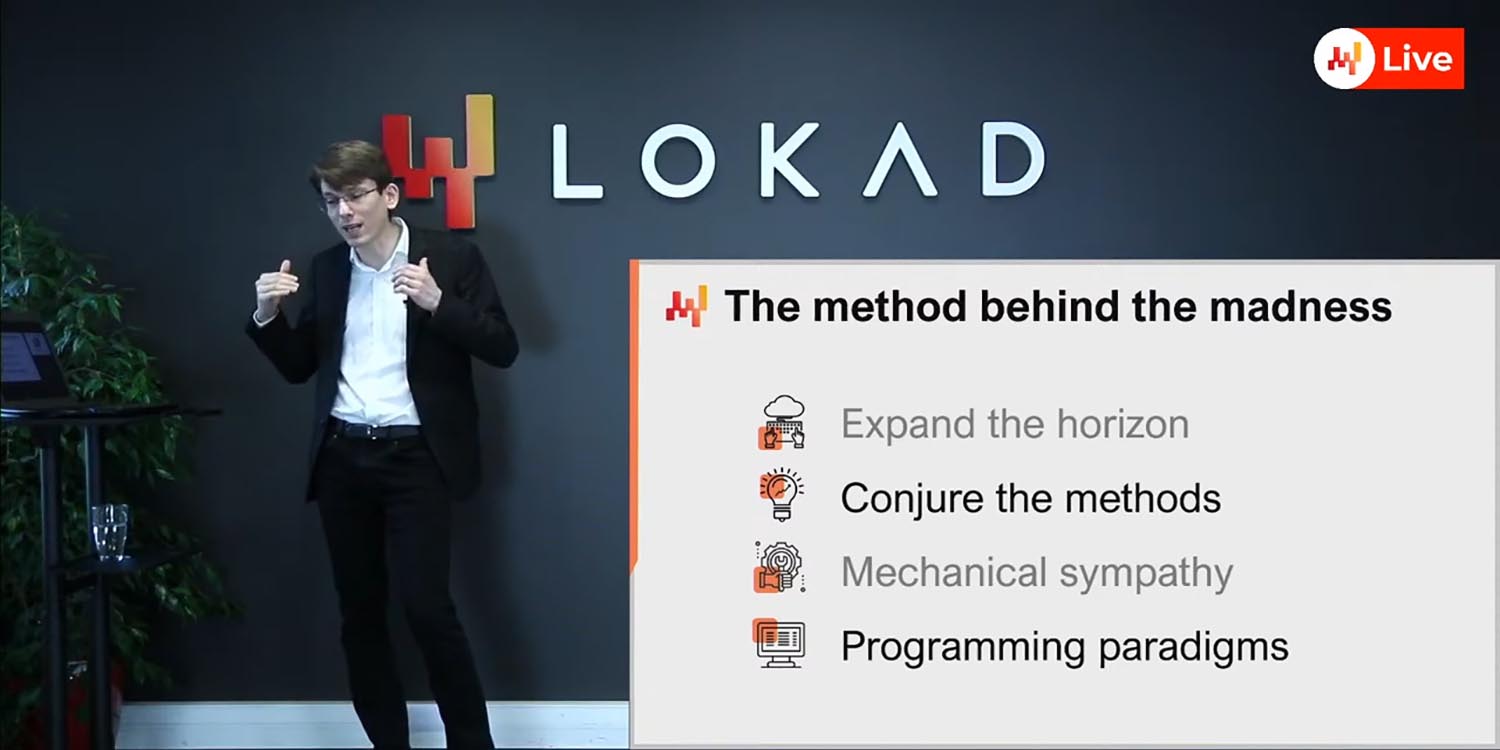Supply Chain Lectures
BACK TO LOKAD TV ›
Negative Knowledge in Supply Chain - Lecture 2.3
Antipatterns are the stereotypes of solutions that look good but don’t work in practice. The systematic study of antipatterns was pioneered in the late 1990s by the field of software engineering. When applicable, antipatterns are superior to raw negative results, as they are easier to memorize and reason about. The antipattern perspective is of prime relevance to supply chain, and should be considered as one of the pillars for its negative knowledge.
Experimental Optimization - Lecture 2.2
Far from the naïve Cartesian perspective where optimization would just be about rolling-out an optimizer for a given score function, supply chain requires a much more iterative process. Each iteration is used to identify insane decisions that are to be investigated. The root cause is frequently improper economic drivers, which need to be re-assessed in regards to their unintended consequences. The iterations stop when the numerical recipes no longer produce insane results.
Paris, a fashion retail network (persona) - Lecture 2.1.1
Paris is a fictitious European fashion brand operating a large retail network. The brand targets women and positions itself as being relatively affordable. While the design line is relatively classic and sober, the main business driver has always been novelty. Multiple collections per year are used to push waves of new products. Pushing the right product, at the right time, at the right price and with the right stock quantity is one of the core challenges.
Supply Chain Personae - Lecture 2.1
A supply chain persona is a fictitious company. Yet, while the company is fictive, this fiction is engineered to outline what deserves attention from a supply chain perspective. However, the persona is not idealized in the sense of simplifying the supply chain challenges. On the contrary, the intent is to magnify the most challenging aspects of the situation, the aspects that will most stubbornly resist any attempt at quantitative modelling and any attempt piloting an initiative to improve the supply chain.
Quantitative principles for supply chains - Lecture 1.6
While supply chains can’t be characterized by definitive quantitative laws - unlike electromagnetism - general quantitative principles can still be observed. By 'general', we mean applicable to (almost) all supply chains. Uncovering such principles is of prime interest because they can be used to facilitate the engineering of numerical recipes intended for the predictive optimization of supply chains, but they can also be used to make those numerical recipes more powerful overall. We review two short lists of principles":" a few observational principles and a few optimization principles.
21st Century Trends in Supply Chain - Lecture 1.5
A few major trends have been dominating the evolution of supply chains over the last decades, largely reshaping the mix of challenges faced by companies. Some problems have largely faded away, such as physical hazards and quality issues. Some problems have risen, such as overall complexity and competition intensity. Notably, software is also reshaping supply chains in profound ways. A quick survey of these trends helps us understand what should be the focus of a supply chain theory.
Programming paradigms as Supply Chain theory - Lecture 1.4
While mainstream supply chain theory struggles to prevail in companies at large, one tool; namely Microsoft Excel, has enjoyed considerable operational success. Re-implementing the numerical recipes of the mainstream supply chain theory via spreadsheets is trivial, yet, this is not what happened in practice despite awareness of the theory. We demonstrate that spreadsheets won by adopting programming paradigms that proved superior to deliver supply chain results.
Product-oriented delivery for Supply Chain - Lecture 1.3
The goal of a Quantitative Supply Chain initiative is either to deliver or to improve a software application that robotizes a scope of routine decisions (e.g. inventory replenishments, price updates). The application is viewed as a product to be engineered. The supply chain theory is there to help us deliver an application that steers the company toward supply chain performance, while being compatible with all the constraints that the production entails.
The Quantitative Supply Chain in a nutshell - Lecture 1.2
The Quantitative Supply Chain's manifesto emphasizes a short series of salient points to grasp how this alternative theory, proposed and pioneered by Lokad, diverges from the mainstream supply chain theory. It could be summarized with':' every single decision is scored against all the possible futures according to the economic drivers. This perspective gradually emerged at Lokad as the mainstream supply chain theory, and its implementation by (nearly?) all software vendors, remains challenging.
The Foundations of Supply Chain - Lecture 1.1
Supply chain is the quantitative yet street-smart mastery of optionality when facing variability and constraints related to the flow of physical goods. It encompasses sourcing, purchasing, production, transport, distribution, promotion, ... - but with a focus on nurturing and picking options, as opposed to the direct management of the underlying operations. We will see how the quantitative supply chain perspective, presented in this series, profoundly diverges from what is considered the mainstream supply chain theory.
